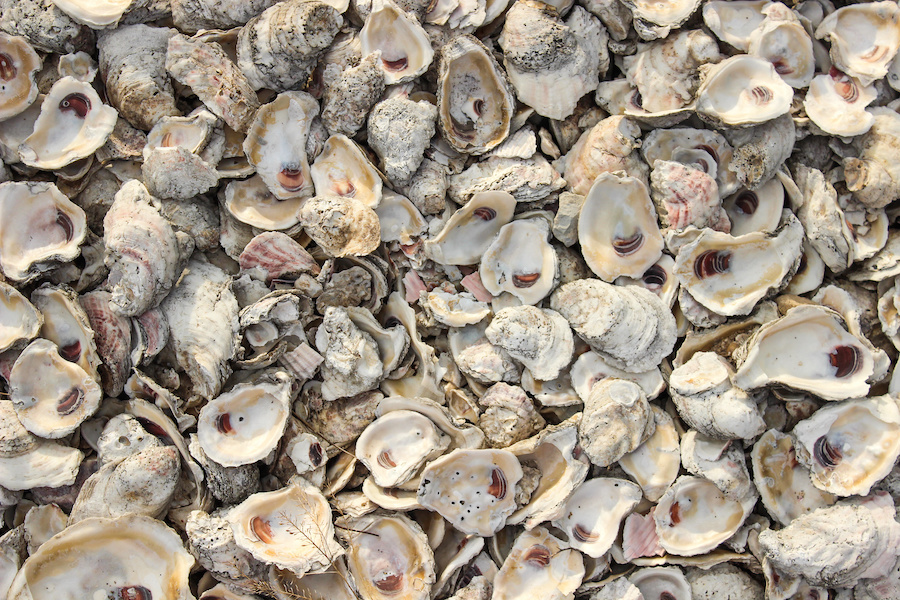
This activity will test the hypothesis that oysters are the primary food source for iron and zinc among women shellfishers in West Africa using Ghana as a case study. Objectives include determining the contribution of oyster consumption to iron and zinc intakes of women shellfishers; determining whether there is any variation in iron and zinc content of oysters across the three study sites in Ghana; investigating whether heavy metal contamination is a concern in the three study sites; and providing guidance for public health authorities, women’s shellfish associations, and other stakeholders. Results from this study will inform relevant stakeholders whether oysters should be recommended to women of reproductive age to reduce anemia prevalence or avoided because of heavy metal contamination. If it is determined that oysters are providing a critical micronutrient contribution to the diet but are also contaminated with heavy metals, this research may be used as a call for action to address heavy metal contamination in the environment.
Executive Summary of Results and Findings
Final Technical Report: Micronutrient Impact of Oysters in Ghana
Learn More
Investigating Oysters’ Dietary Potential and Risks for Ghana’s Shellfishers
